Tennessee Home Insurance
We're here to help provide you with the peace of mind you deserve with home insurance
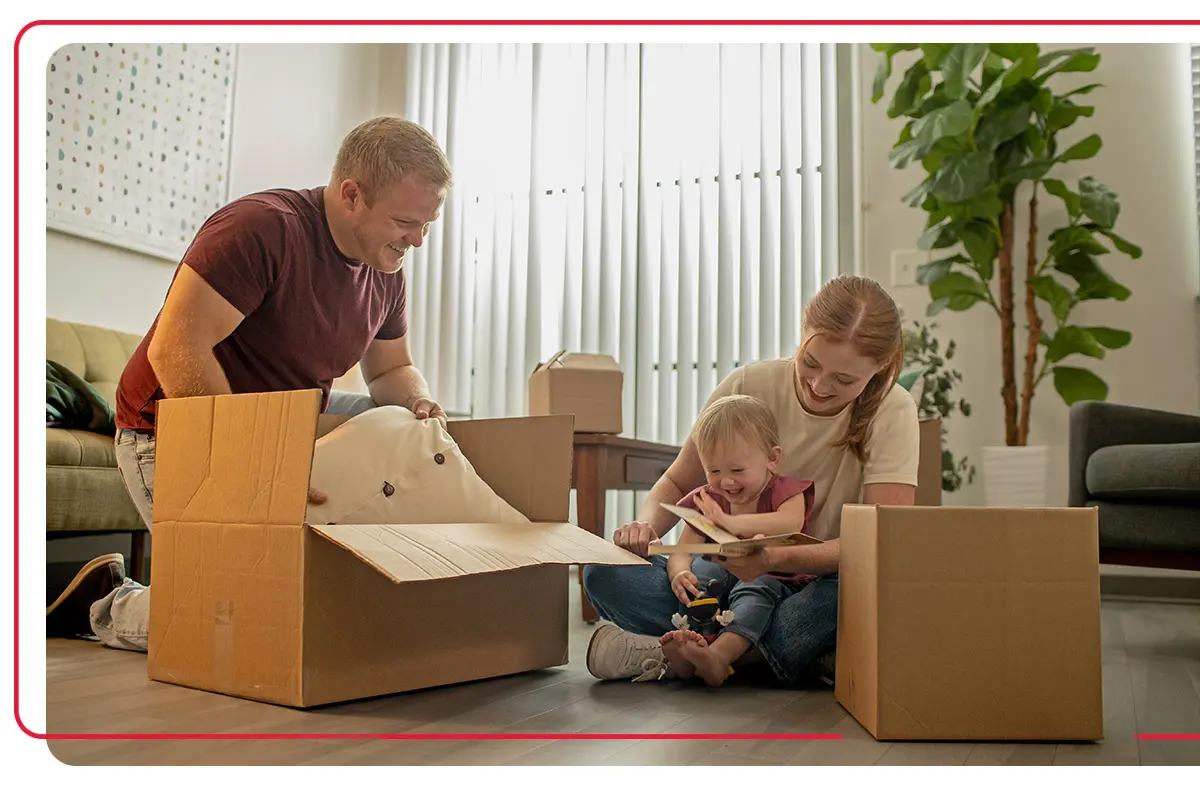
Tennessee Home Insurance
We're here to help provide you with the peace of mind you deserve with home insurance
Explore our Home Insurance Options

Homeowners Insurance
Homeowners Insurance
Don't let unexpected events disrupt your life. Farm Bureau Insurance provides the protection your home deserves.
Don't let unexpected events disrupt your life. Farm Bureau Insurance provides the protection your home deserves. Learn more
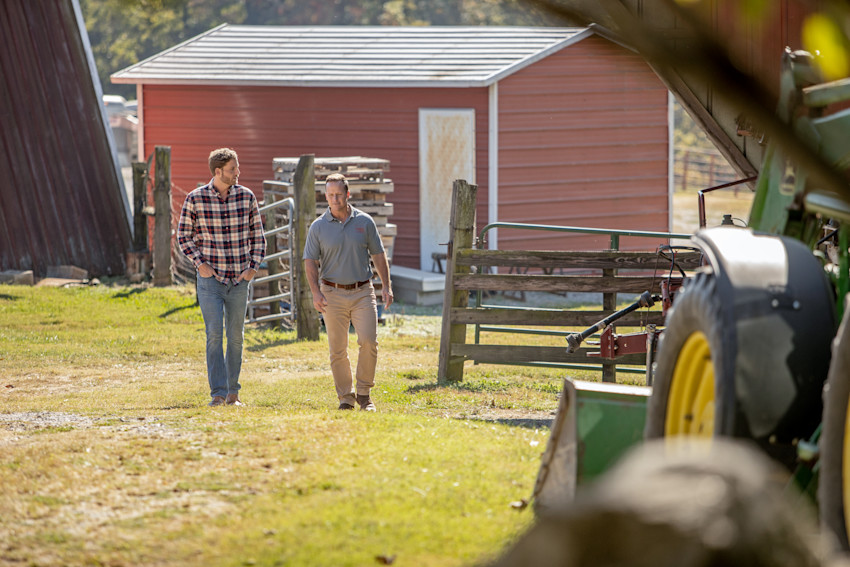
Farm Insurance
Farm Insurance
Farm Bureau Insurance of Tennessee understands the unique needs of Tennessee farmers. Safeguard not just your farm but generations of hard work.
Farm Bureau Insurance of Tennessee understands the unique needs of Tennessee farmers. Safeguard not just your farm but generations of hard work. Learn more

Renters Insurance
Renters Insurance
Farm Bureau Insurance offers a variety of renter policies to safeguard your belongings at an affordable price. Talk to an agent today to find your perfect fit!
Farm Bureau Insurance offers a variety of renter policies to safeguard your belongings at an affordable price. Talk to an agent today to find your perfect fit! Learn more
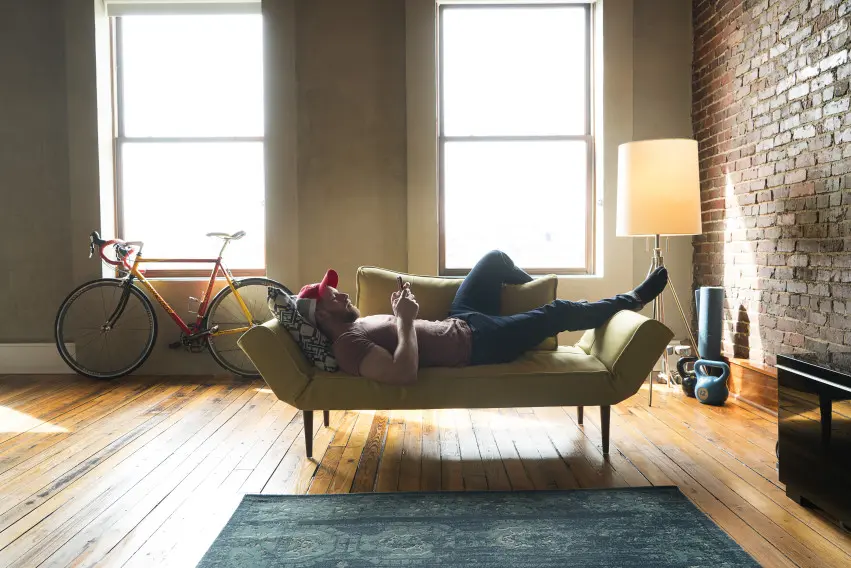
Condo Insurance
Condo Insurance
Farm Bureau Insurance offers condo insurance tailored to you, protecting your belongings and giving you peace of mind against unexpected events.
Farm Bureau Insurance offers condo insurance tailored to you, protecting your belongings and giving you peace of mind against unexpected events. Learn more
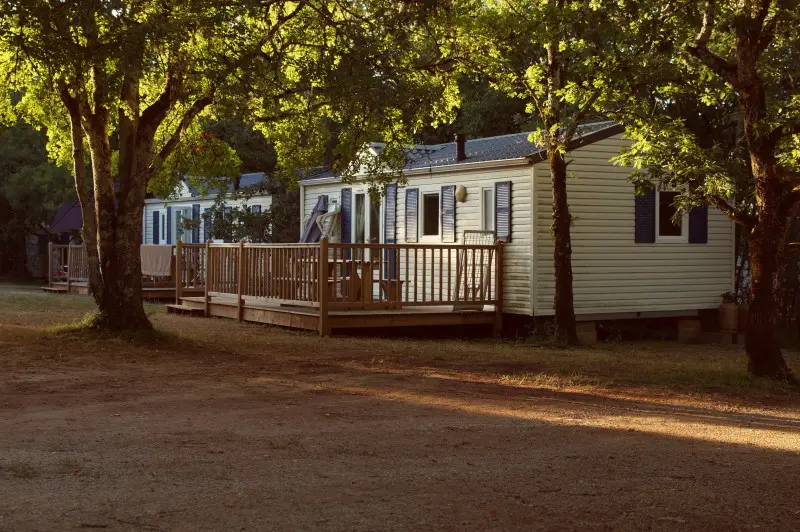
Manufactured Home Insurance
Manufactured Home Insurance
Farm Bureau Insurance offers coverage for Tennessee mobile homes, ensuring you're financially protected if disaster strikes. Talk to an agent today and unlock peace of mind.
Farm Bureau Insurance offers coverage for Tennessee mobile homes, ensuring you're financially protected if disaster strikes. Talk to an agent today and unlock peace of mind. Learn more
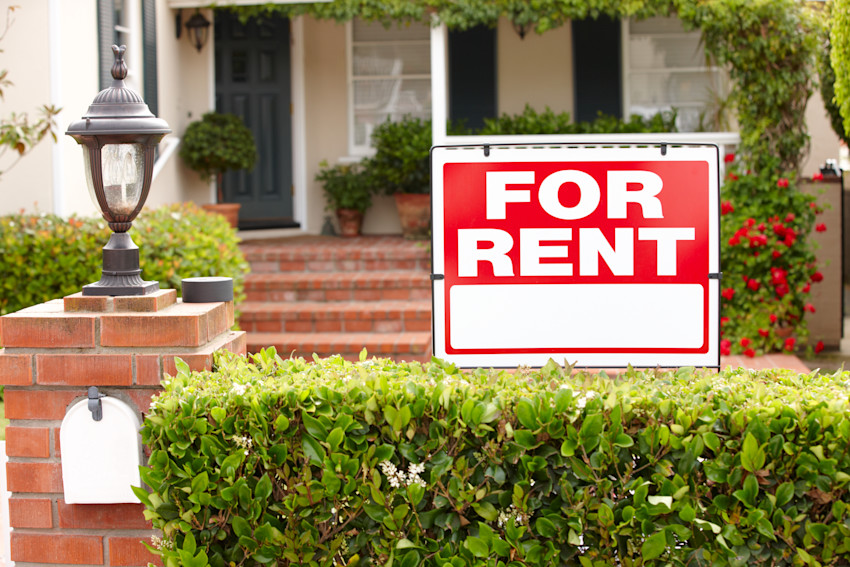
Rental Property Owner Insurance
Rental Property Owner Insurance
Being a landlord comes with responsibility. Protect your rental property with rental property owner insurance from Farm Bureau Insurance of Tennessee.
Being a landlord comes with responsibility. Protect your rental property with rental property owner insurance from Farm Bureau Insurance of Tennessee. Learn more

Personal Umbrella Insurance
Personal Umbrella Insurance
Life's unpredictable. At Farm Bureau Insurance of Tennessee, our personal umbrella policy adds extra protection to give you peace of mind.
Life's unpredictable. At Farm Bureau Insurance of Tennessee, our personal umbrella policy adds extra protection to give you peace of mind. Learn more

Homeowners Insurance
Homeowners Insurance
Don't let unexpected events disrupt your life. Farm Bureau Insurance provides the protection your home deserves.
Don't let unexpected events disrupt your life. Farm Bureau Insurance provides the protection your home deserves. Learn more

Farm Insurance
Farm Insurance
Farm Bureau Insurance of Tennessee understands the unique needs of Tennessee farmers. Safeguard not just your farm but generations of hard work.
Farm Bureau Insurance of Tennessee understands the unique needs of Tennessee farmers. Safeguard not just your farm but generations of hard work. Learn more

Renters Insurance
Renters Insurance
Farm Bureau Insurance offers a variety of renter policies to safeguard your belongings at an affordable price. Talk to an agent today to find your perfect fit!
Farm Bureau Insurance offers a variety of renter policies to safeguard your belongings at an affordable price. Talk to an agent today to find your perfect fit! Learn more

Condo Insurance
Condo Insurance
Farm Bureau Insurance offers condo insurance tailored to you, protecting your belongings and giving you peace of mind against unexpected events.
Farm Bureau Insurance offers condo insurance tailored to you, protecting your belongings and giving you peace of mind against unexpected events. Learn more

Manufactured Home Insurance
Manufactured Home Insurance
Farm Bureau Insurance offers coverage for Tennessee mobile homes, ensuring you're financially protected if disaster strikes. Talk to an agent today and unlock peace of mind.
Farm Bureau Insurance offers coverage for Tennessee mobile homes, ensuring you're financially protected if disaster strikes. Talk to an agent today and unlock peace of mind. Learn more

Rental Property Owner Insurance
Rental Property Owner Insurance
Being a landlord comes with responsibility. Protect your rental property with rental property owner insurance from Farm Bureau Insurance of Tennessee.
Being a landlord comes with responsibility. Protect your rental property with rental property owner insurance from Farm Bureau Insurance of Tennessee. Learn more

Personal Umbrella Insurance
Personal Umbrella Insurance
Life's unpredictable. At Farm Bureau Insurance of Tennessee, our personal umbrella policy adds extra protection to give you peace of mind.
Life's unpredictable. At Farm Bureau Insurance of Tennessee, our personal umbrella policy adds extra protection to give you peace of mind. Learn more
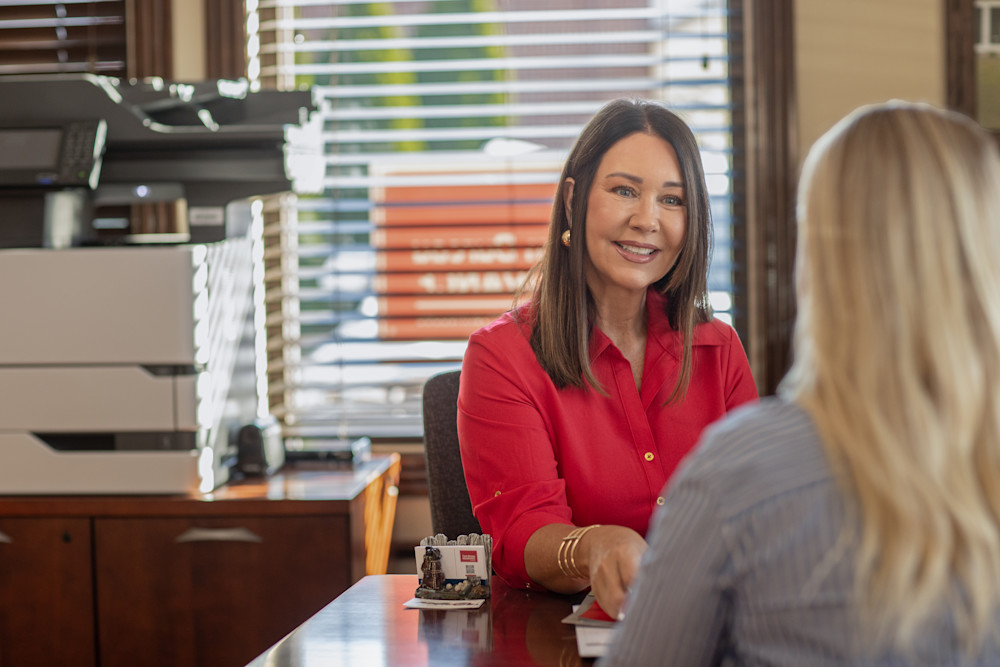
More Products
More Products
Learn more about all of our insurance products and what coverage is right for you
Auto Insurance
Home Insurance
Life Insurance
Business Insurance
Learn more about all of our insurance products and what coverage is right for you View All Insurance
Auto Insurance View All Insurance
Home Insurance View All Insurance
Life Insurance View All Insurance
Business Insurance View All Insurance
